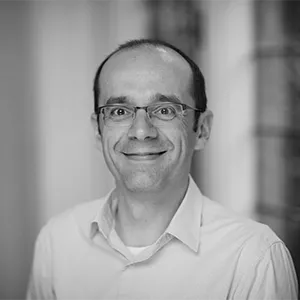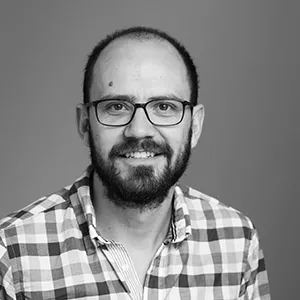PEAK Urban
Overview
PEAK Urban is a 51-month, international, multidisciplinary programme (PI Michael Keith, University of Oxford) funded by the Research Councils UK Global Challenges Research Fund (GCRF) of UK Research and Innovation and involving researchers at the University of Oxford, Peking University, University of Cape Town, the Indian Institute for Human Settlements and EAFIT University.
Continuing urbanisation comes with new and intensified challenges around environmental and social sustainability, particularly across the global South. Goal 11 of the 2015 Sustainable Development Goals (SDGs) - Make Cities Inclusive, Safe, Resilient and Sustainable - represents the first time that cities have formally been identified as both crucibles of development challenges and the engines of development change. It nonetheless remains unclear how optimal urban outcomes are to be achieved, especially for cities where the pace of change is greatest, resources are often limited, the governance arrangements are complex and formal knowledge about how the city works is patchy. Yet, over the next decade or so, finding solutions to urban challenges that are most acute in the cities of Africa, Asia and Latin America will disproportionately determine sustainable development outcomes for the planet as a whole.
The PEAK Urban programme aims to build skilled capacity for decision making on urban futures by: i) generating new research grounded in the logic of urban complexity, ii) fostering new leaders that draw on different disciplinary perspectives to address the challenges found in the 21st century city, and iii) growing the capacity of cities to understand and plan their own futures
The programme's aims will be achieved through an academic partnership that links five research intensive universities renowned for their expertise in interdisciplinary scholarship and work on the contemporary city. Researchers from various departments in the University of Oxford - Anthropology (COMPAS), the Mathematical Institute, Geography (Transport Studies Unit) and Medicine (George Institute) - will collaborate with colleagues in globally excellent research groups in Peking University (China), University of Cape Town (South Africa), Indian Institute for Human Settlements (India) and EAFIT University (Colombia).
In PEAK Urban, cities are understood as complex evolving systems that are characterised by both path dependency and the propensity to generate innovations in material forms, institutional arrangements, technology, culture and behaviour. Big data and mathematical models will be combined with insights from institutional social science, law, humanities and history to focus on three key arenas of metropolitan intervention: city morphologies (built forms and infrastructures) and resilience, city flux (mobility, dynamics) and technological change, and health and wellbeing.
Three PEAK Urban projects are underway at TSU:
- Everyday Mobilities and Gendered Opportunities in African Urban Transport Systems: An Ethnography of 'Informality' (Dr Jacob Doherty)
- Big Data Driven Transport Planning and Governing Practices in the Postcolonial 'Smart City': A Case Study of Bangalore, India (Dr Lucy Baker)
- Transport Infrastructure, Accessibility and Everyday Life (Dr Juan-Pablo Orjuela)
Outputs
- Schwanen, T. (2018) Towards decolonised knowledge about transport Palgrove Communications, 4:79.
- Can India create the conditions for micro enterprises and self-employed to go cashless? Policy Briefing, April 2021.
- Digital payment systems and financial inclusion for auto-rickshaw transport operator-drivers in India Policy Briefing, April 2021.
Further Information
- Project website: www.peak-urban.org
- For more information on this research project please contact Prof Tim Schwanen.
In brief
Duration
2017 - 2022
Funder
UKRI Global Challenges Research Fund
Partners:
At Oxford: Centre on Migration, Policy and Society (COMPAS); George Institute UK; Mathematical Institute
Worldwide: Peking University; The African Centre for Cities, University of Cape Town; The Indian Institute for Human Settlements; Universidad EAFITPrincipal Investigator
TSU Researchers
Dr Lucy Baker
Dr Jacob Doherty
Dr Juan-Pablo OrjuelaContact



